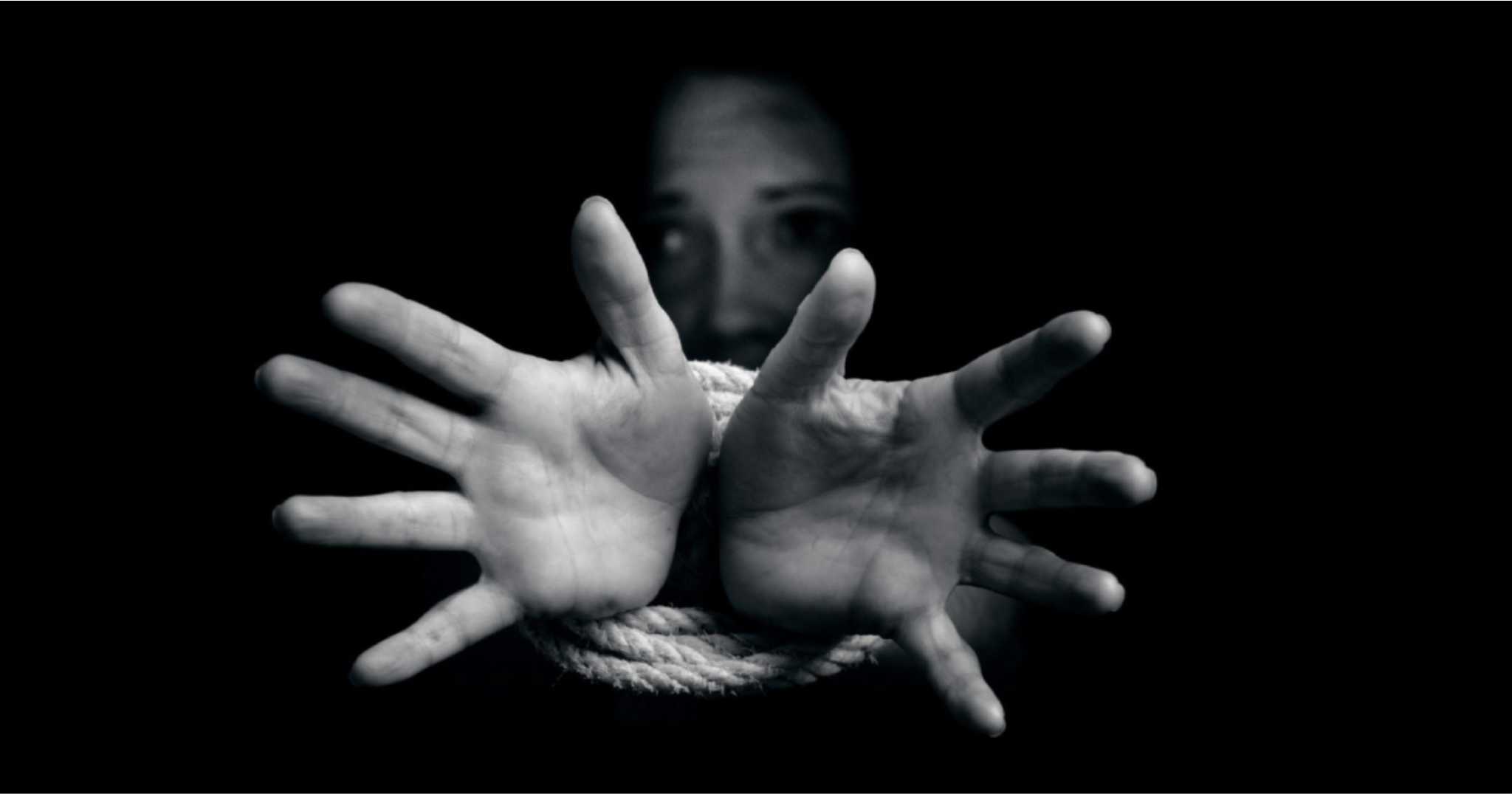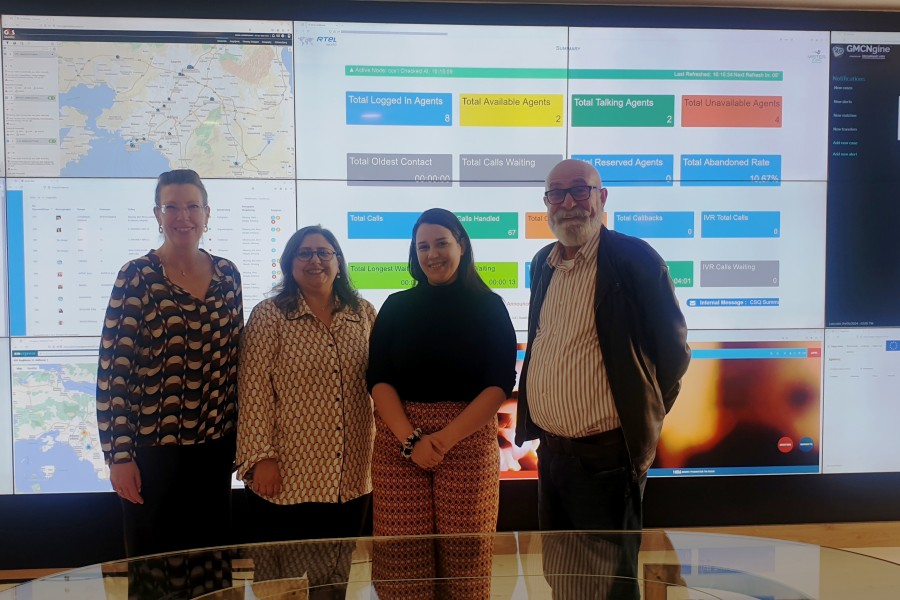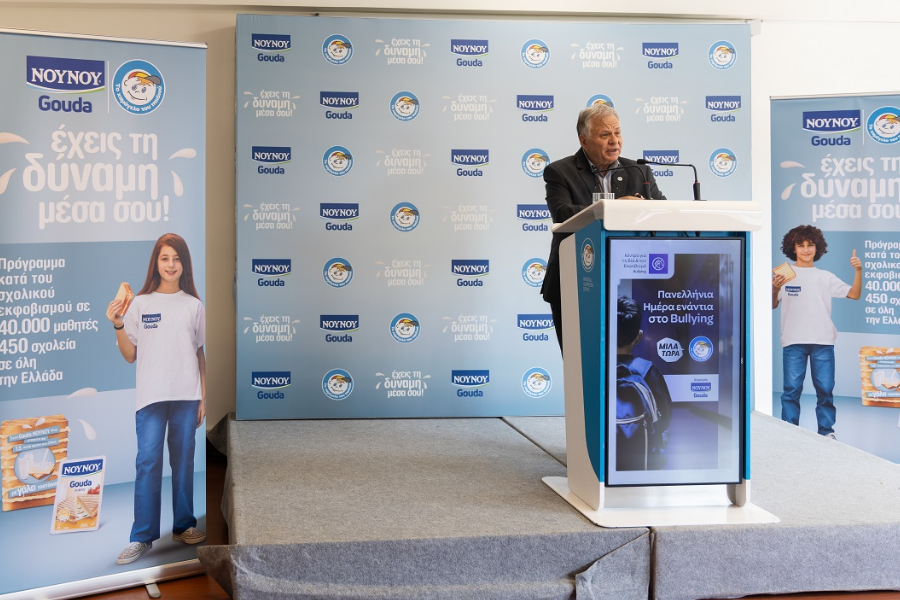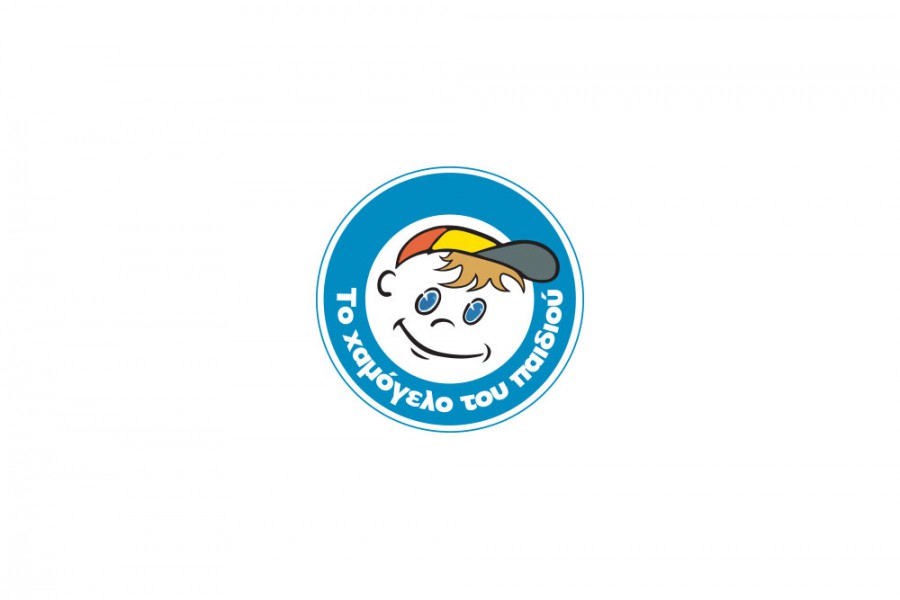18th of October: EU Anti-Trafficking Day

PRESS RELEASE
Athens, 18 October 2018
18th of October: EU Anti-Trafficking Day
“The Smile of the Child” supports the pan-European effort against Trafficking in Human Beings
On the occasion of the 18th of October, EU Anti-Trafficking Day, "The Smile of the Child" marks the 12th EU Anti-Trafficking Day supporting the efforts of all relevant actors and authorities at the EU level in order to raise awareness on the phenomenon and offer support through its actions to victims or potential victims of trafficking.
Trafficking is a form of modern slavery and part of a wider organized crime network that meets no borders across the world. Trafficking is the exploitation of a human being for financial or other motives, violating an individual’s freedom, human dignity and the fundamental rights of human beings.
The experience of “The Smile of the Child” shows that all minors are in principle potential victims of trafficking, either due to poverty conditions that might lead to labor exploitation, begging and/or sexual exploitation or other forms of exploitation, or stemming from neglect, intergenerational problems, family violence or drug addiction. These factors may lead children to become runaways and, thus, undergo a great risk of being victimized.
In the midst of the ongoing refugee and migration crisis in Europe, we have become witnesses of children and mainly unaccompanied minors and separated children who fall victims to trafficking, smuggling or other forms of crime in their effort to reach a safe destination in a European country.
According to various reports from international organizations, public agencies as well as personal testimonies from field workers, traffickers and smugglers deliberately target migrants in refugee camps, while most migrants and asylum-seekers are believed to rely on smugglers at some point during their journey.
In addition, “The Smile of the Child” has repeatedly pointed to the fact that cases of missing refugee and migrant minors are not reported in most of the cases, and as a result the search and rescue mechanism of the European Hotline for Missing Children 116000 and Amber Alert Hellas are not activated.
The Organization implements a wide range of actions to ensure that children at risk of trafficking, whether minor refugees and migrants, Greek children or children of any other origin who have been removed from their biological parents due to serious abuse and neglect, enjoy not only a shelter and food, but also holistic support, true care and love and new opportunities for their future lives. Only through quality and not opportunistic solutions, cases of runaway children ending in trafficking situations can be prevented.
To achieve this, “The Smile of the Child” stands by all children victims of trafficking by providing protection services through the National Helpline for Children SOS 1056, the European Hotline for Missing Children 116000 and the European Helpline for Children and Adolescents 116111, as well as the nationwide network of Homes of Care of the Organization and its Support Centers for Children and Families. In addition, the Organization operates "The House of the Child", a unique Day Center in Greece that provides specialized clinical mental health services for the therapeutic treatment and psychosocial rehabilitation of children and adolescents victims of any form of violence, including victims of trafficking.
At the national level, “The Smile of the Child’’ cooperates on a steady basis with the Office of the National Rapporteur on Trafficking, the law enforcement and prosecutorial authorities, civil society agencies and organizations, whereas it is currently contributing to the operation of a National Referral Mechanism –a process which is coordinated by the National Center of Social Solidarity- and the effort to create a mechanism where victims will not only be identified, but also receive proper support.
At the European and international levels, “The Smile of the Child” participates in the EU Civil Society Platform against THB and contributes to the fight against trafficking in persons as member with consultative status at UN ECOSOC, associated member at UN Department of Public Information (DPI NGO), associated member of the United Nations Office On Drugs and Crime, member of the BoD of the International Centre for Missing and Exploited Children (ICMEC), member of the BoD of the European Federation for Missing and Sexually Exploited Children-Missing Children Europe (MCE).
For more information, please contact our press team at press@hamogelo.gr or +30 210 3306 140.
The extent of trafficking in human beings globally:
● Human trafficking has become a global multi-billion-dollar enterprise that affects nearly every single country, according to the United Nations
● More Than 50 Percent Of Trafficking Victims Are Sexually Exploited
● The Trafficking Of Women & Children Is The World's Fastest Growing Crime
● While The Majority Of Sex Trafficking Victims Are Female, Men Are Also Victims
● The Most Common Form Of Human Trafficking Is Sexual Exploitation
● Women are also "commonly involved in the trafficking of women and girls, in particular." Specifically, data showed that women are often used to recruit other women into trafficking.
● Despite the high number of estimated victims and cases worldwide, prosecution rates in cases of human trafficking appear low. According to the State Department's 2017 Trafficking in Persons (TIP) report, there were globally only 14,894 trafficking prosecutions and 9,071 convictions in 2016.
Source – United Nations, International Labor Organization, UNODC
The "Smile of the Child" puts forth the following positions and proposals in order to help improve the response to the phenomenon of child trafficking:
1. Considering as crucial the necessity of an integrated, comprehensive, coordinated, multidisciplinary, and child – rights centered approach of all the stakeholders involved.
2. Recognizing the importance of implementing already existing tools and good practices from the field.
3. Encouraging regional stakeholders to harmonize the collection of data and statistics on child trafficking cases, as it is essential to effectively address the problem.
4. Considering a need for providing a continued training for law enforcement, judges, prosecutors, health professionals, social workers, staff of NGOs working in the field, and all the other professionals who might likely come in contact with child victims or potential victims of trafficking.
5. Improving the work for the protection of particularly vulnerable groups of children, due to an increased risk of their exposure to traffickers.



